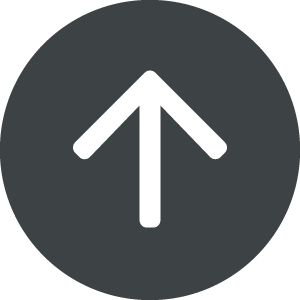Throughout courses at Berklee Online, students may need to use notation software. Some courses, such as Music Notation and Score Preparation using Sibelius Ultimate are designed around a specific piece of software, whereas others may allow the use of different pieces of software. This article will aim to explain the differences among seemingly similar applications.
Course Requirements
As mentioned above, certain courses will have requirements on which pieces of software you can use, and the three primary pieces of notation software that a student will encounter are:
- MuseScore
- Sibelius
- Dorico
The majority of courses at Berklee Online that focus on notation will require the use of MuseScore. This is because these courses use downloadable files that have been created in MuseScore. There are a few courses which allow the use of any notation software, and these typically require the student to create notation from scratch, negating the use of downloadable files. Berklee Online currently offers dedicated a course for Sibelius focusing exclusively on that piece of software.
MuseScore
MuseScore is a very popular notation software, as it offers a very similar range of features and user experience as the legacy software Finale, but is a completely free option. It offers features such as:
- Ability to transfer to and from other programs via MusicXML, MIDI, and more formats
- Note input via MIDI keyboard
- Templates
- An active community due to being an open-source program.
- Availability for macOS, Windows, and Linux operating systems
Sibelius
Sibelius is one of the most widely-known pieces of notation software, and is generally thought of as a very solid choice of notation software. One important aspect is that, as an Avid product, Sibelius follows Avid's pricing structure of being pushed as a subscription-based purchase; there is an option for a one-time purchase up front, but it's buried deeper within the purchase page. You are able to pay for a one-year subscription up front, but after that year is finished, you must either pay again or stop using the software when on the subscription option.
Sibelius is known for being easy to jump into, especially for those newer to notation software, because of its ribbon user interface. This should look familiar to anyone acquainted with Microsoft Office, where almost everything you may need is visible in front of you. Some, however, criticize that things aren't laid out in a useful manner, and they aren't grouped by functionality or similar themes. The layout at first can also result in a lot of back-and-forth clicking between elements until users get more familiar with using the Keypad.
A Note on the Keypad in Sibelius
One of the most powerful features of Sibelius is the Keypad, which speeds up note entry quite noticeably. However, the Keypad is designed to work with a computer keyboard which features a number pad. If you are using a laptop, or a computer with a numberless keyboard, then you may need to consider an external number pad to take advantage of the Keypad functionality within Sibelius.
Dorico
Dorico is made by Steinberg, the developers for the Cubase DAW, and is a relative newcomer on the scoring scene, having been released in 2016. This is something that many are pleased about, given that it's a brand new piece of software designed from the ground up. A lot of legacy Finale users feel that Dorico's ground-up design is refreshing and addresses some of the pain-points that they may have developed with Finale and/or Sibelius. While it may yet lack the pedigree of Sibelius, Dorico is already considered one of the strongest contenders in the notation software world.
In terms of pricing, Dorico comes at a more substantial upfront cost at $579.99 for the full version, or $359.99 for educational pricing. However, this is a one-time price and does not require a subscription. Users can also make use of a 30-day trial or the free SE version to see if Dorico's design language and workflow appeals to them.
A note on Finale
Finale has been discontinued and is no longer supported by its developer, MakeMusic. Existing users who already have it installed and functioning may still be able to use it for courses where a full-featured, but not specified, notation software is required. Please note that for these legacy users, Berklee Online Support will have limited assistance options going forward. Additionally, Finale will no longer receive updates, which may lead to compatibility issues on modern operating systems. As such, we encourage users to consider one of the more contemporary options for notation software.

